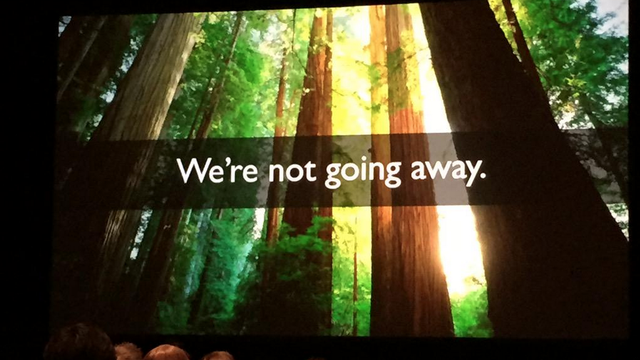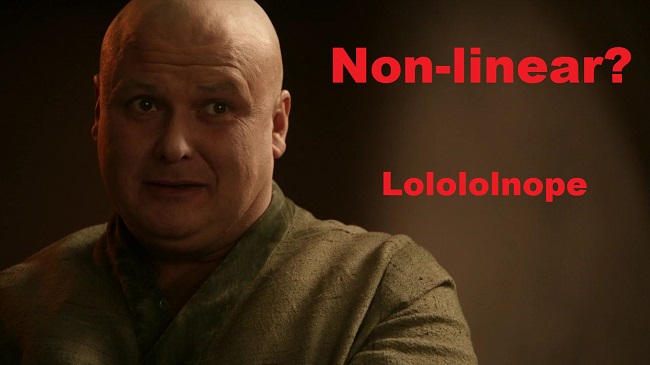I am a god. At least, I want to be. Video games offer me a peek into a world where I control my fate. My choices dictate outcomes. We see the result of our own ripple effect in the world in video games. My choice has impact. My will has consequence. Video games provide–in more concrete fashion–the belief that our existence matters in this life. I press X; therefore, I am.
Where is religion in video games? If it’s not overtly in the game narrative itself, then it is definitely present in the gameplay. Look down at your hands. You possess a controller that allows you to move an avatar however you wish, make choices that can affect the fate of the world in the game, and gives you the power to dictate the narrative. Games are about turning players into gods. Whenever we discuss autonomy in games, the ability to use some semblance of free will, at the heart of the matter is that we are being endowed with a digital omnipotence.
Some games do this more overtly than others. Games like Black and White, the Civilization games, Sims, and other “god games” provide players with the vantage point of a deity, manipulating the various avatars however we wish.
I remember playing the old computer game Oregon Trail 3. After making it successfully into Oregon City with my party intact and receiving my reward, I began to take more liberties with the lives of my wagon train. If they wanted food, I ignored them. I once allowed an entire group to perish. I still got my little house on the hill at the end. Such games make the “play” with life and death an eventual part of the fun.
In God of War, I defeat Aries and take on Zeus. In Shadow of the Colossus, I do the biding of a godlike entity by killing a variety of giant creatures. Go to the Steam website and study the titles of games these days. You can barely change the page without seeing a game that references religion in some fashion in the title.
Most notably, we have the game Deus Ex: Human Revolution that attempts to give the player even more of an illusion of choice. Perhaps–on some level–this is how we feel already. Is there a God playing with us? Are our choices real? Such questions lead us towards metaphysical contemplations. How many actual choices do human beings make in a day? One of the major components of Deus Ex is that it seems to give a player choice. Many games seem to strive for this as the ultimate in gameplay. Maybe this is why the “boss battle” is quickly becoming obsolete? Boss battles do not allow total immersion. We don’t want to be subordinate to a more powerful creature.
These days, I want to be the boss. I want to be the one who others challenge.
I want to be God.




